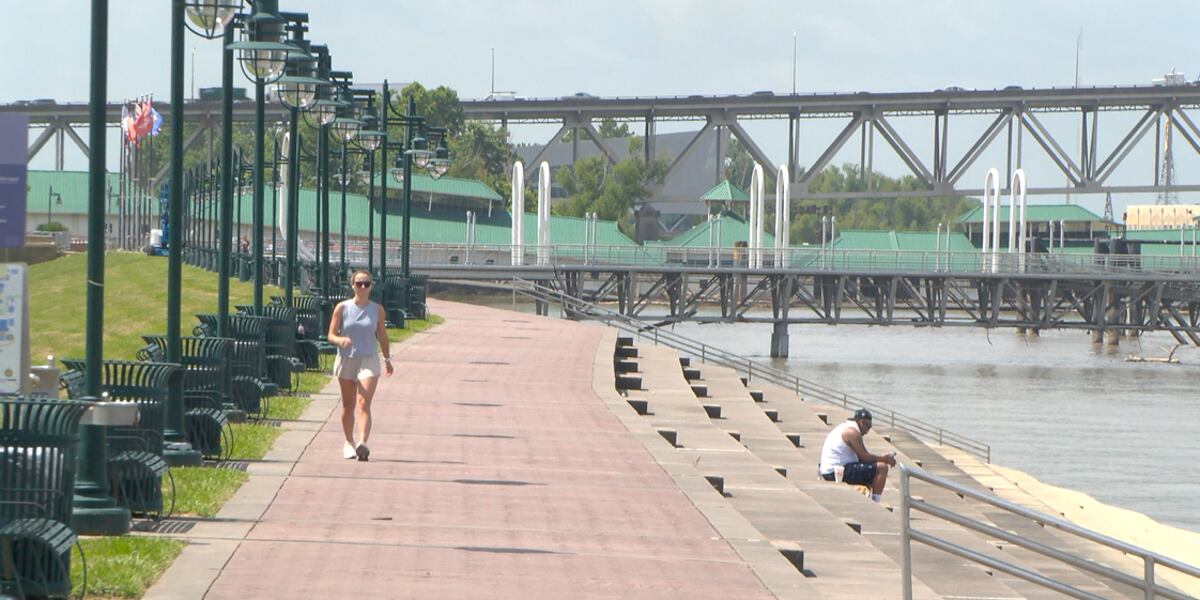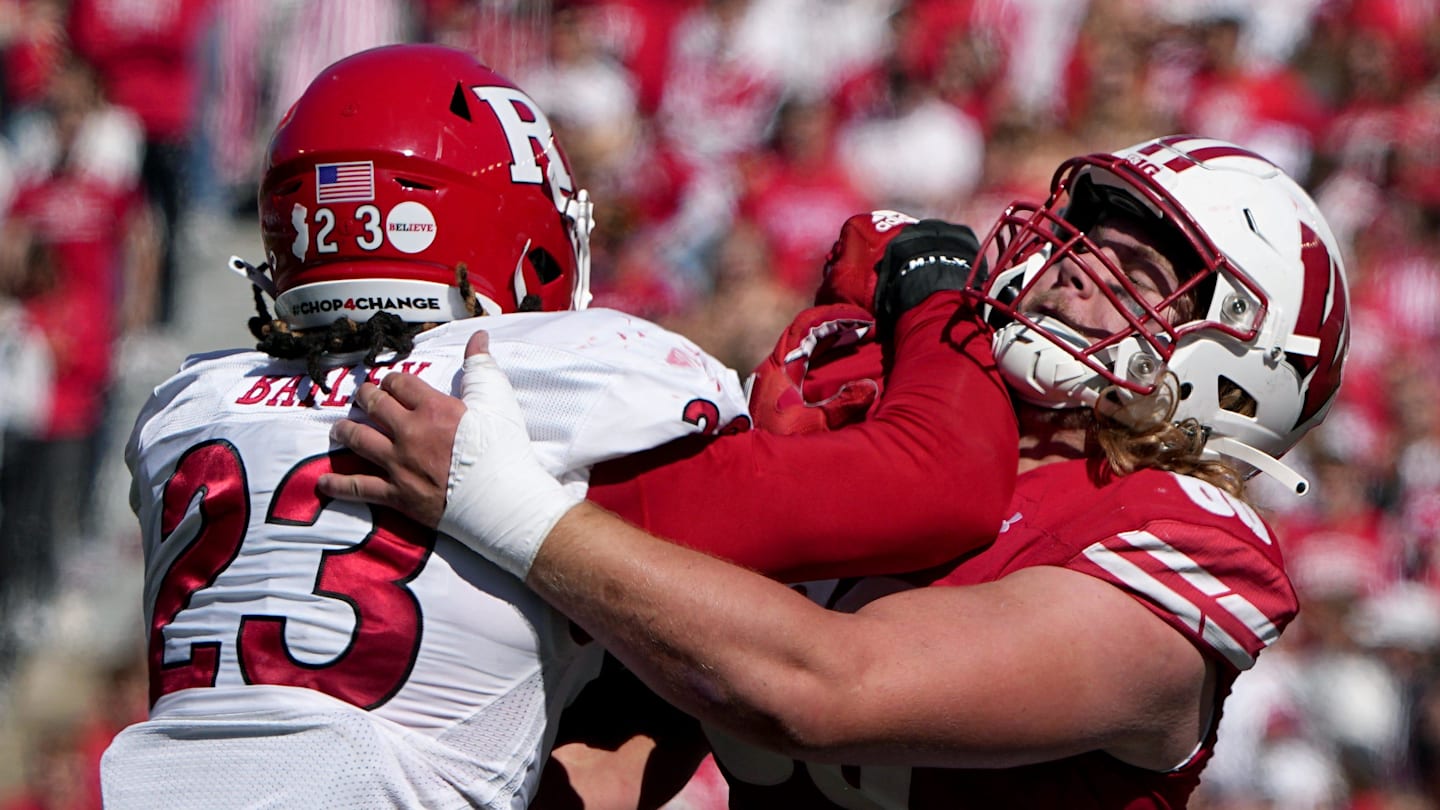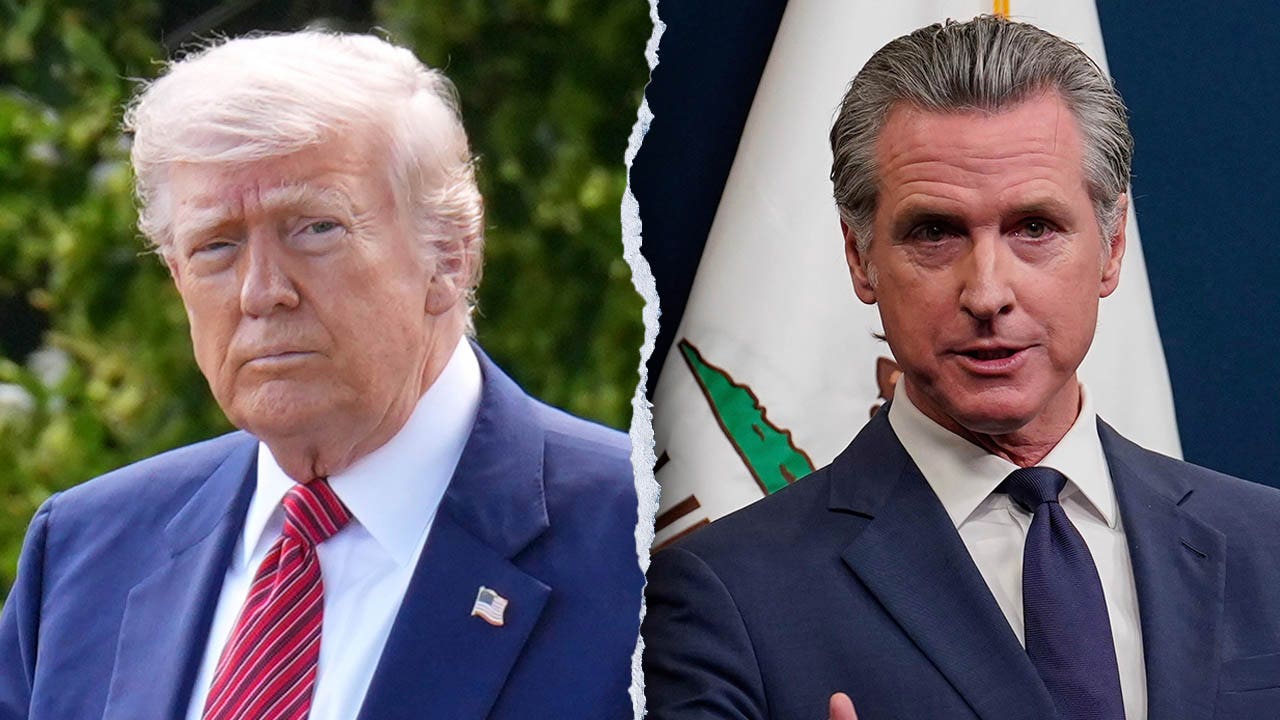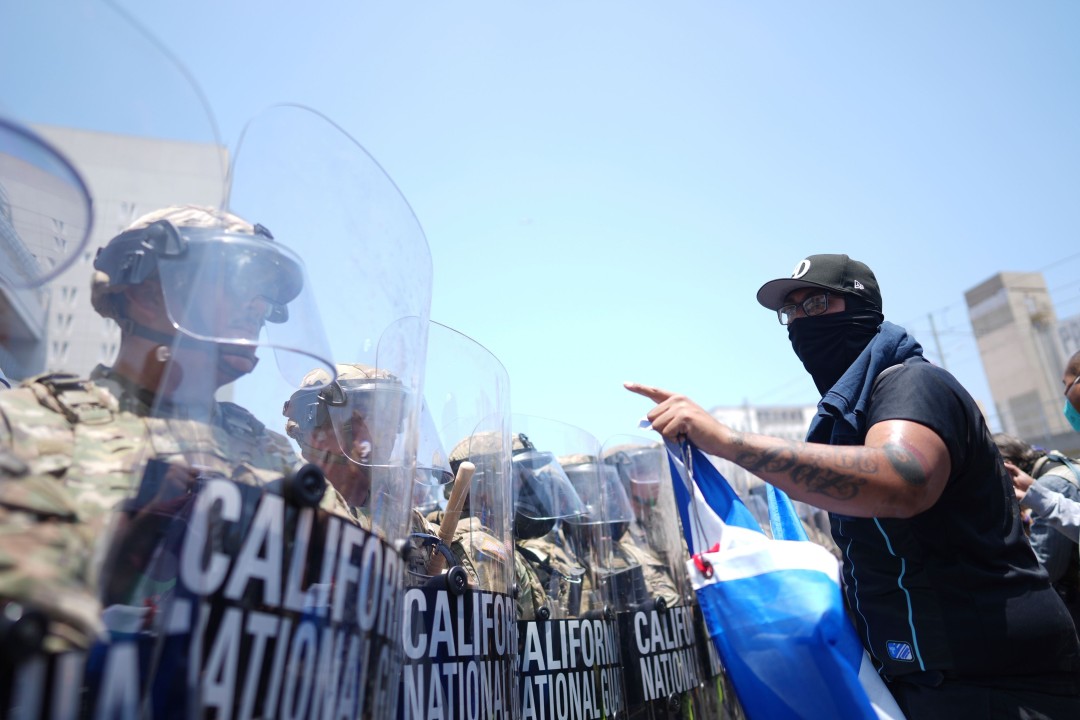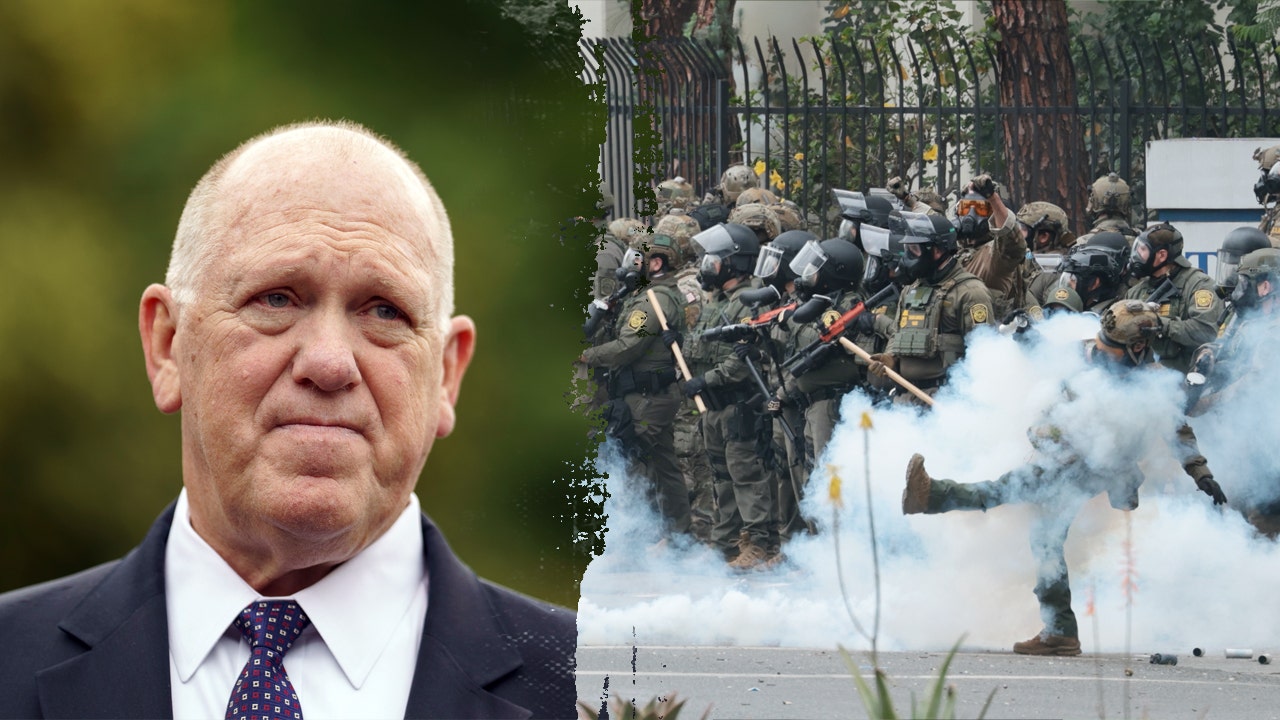World
Ukraine war live updates: U.S. slams Russia’s ‘sham elections’ in occupied areas; Kyiv hits out at Elon Musk
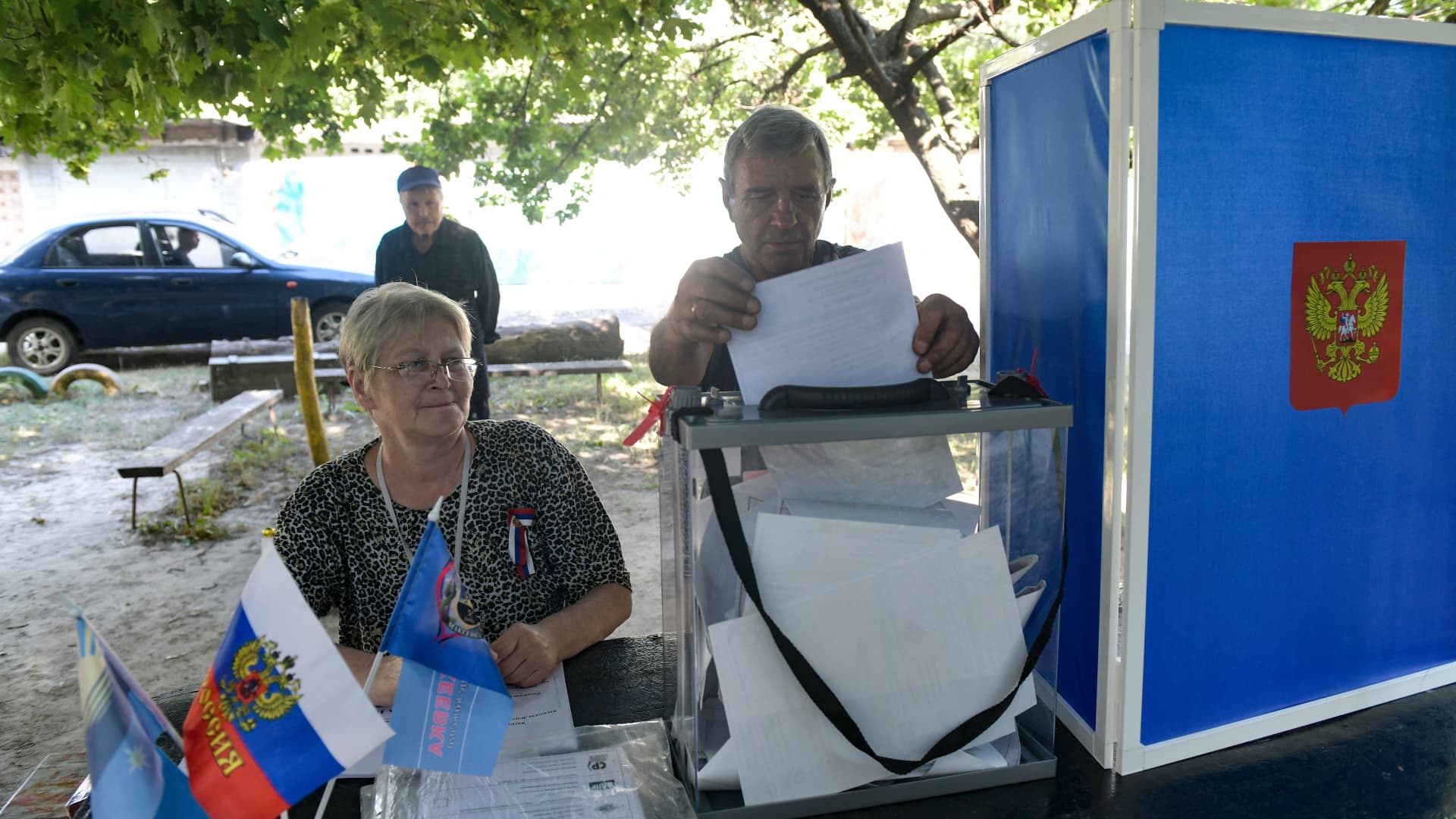
Blinken denounces Russia’s ‘sham elections’ in occupied areas of Ukraine
A man receives his ballot papers at a mobile polling station during early voting for local elections organised by the Russian-installed authorities in Donetsk, Russian-controlled Ukraine, on September 6, 2023, amid the ongoing conflict between the two countries.
Stringer | Afp | Getty Images
U.S. Secretary of State Antony Blinken sharply criticized what he described as Russia’s “sham elections” in occupied areas of Ukraine, saying the Kremlin’s efforts to tighten its grip on partly controlled territories it illegally annexed a year ago “is nothing more than a propaganda exercise.”
Russian-installed authorities are holding local elections in the Ukrainian regions of Donetsk, Luhansk, Kherson and Zaporizhzhia. Voting opened Friday and is scheduled to finish Sunday.
The Russian embassy in the U.S. on Friday accused Washington of meddling in its internal affairs by calling the local elections in occupied areas of Ukraine “a sham,” Reuters reported, citing the RIA news agency.
The Council of Europe, the continent’s foremost human rights body, also condemned the elections earlier this week, saying they represent “a flagrant violation of international law which Russia continues to disregard.”
— Sam Meredith
Ukraine hits out at Elon Musk for disrupting sneak attack on Russian fleet with Starlink cutoff
Elon Musk, chief executive officer of SpaceX and Tesla, and owner of X. formerly known as Twitter.
Gonzalo Fuentes | Reuters
A Ukrainian official slammed Tesla and SpaceX CEO Elon Musk for ordering engineers to shut off Starlink’s satellite network over Crimea last year in order to thwart a Ukrainian attack on Russian warships.
“By not allowing Ukrainian drones to destroy part of the Russian military fleet via Starlink interference, Elon Musk allowed this fleet to fire Kalibr missiles at Ukrainian cities,” Mykhailo Podolyak, a top aide to Ukraine President Volodymyr Zelenskyy, wrote Thursday on social media. It comes after CNN reported some details from a new biography of Musk by author Walter Isaacson.
In the early days of Russia’s unprovoked invasion of Ukraine, as Western governments worked to supply Kyiv with artillery and air defense systems, the first of Musk’s Starlink terminals arrived in the country. Musk eventually soured on the arrangement.
According to the book, Musk said: “Starlink was not meant to be involved in wars. It was so people can watch Netflix and chill and get online for school and do good peaceful things, not drone strikes.”
He told Isaacson that he was worried the Ukrainian attack on Russian vessels would provoke the Kremlin into launching a nuclear war. The book, titled “Elon Musk,” will be released Tuesday.
Here’s the full story.
— Amanda Macias, Katrina Bishop
Ukrainian counteroffensive making ‘tangible progress’, Blinken tells NBC News
Ukrainian military forces are making “very tangible progress” in the counteroffensive against Russian forces, American Secretary of State Antony Blinken told NBC News Thursday.
“I think we are seeing real forward movement,” Blinken said, “but again, this is going to go on. This is tough, this is hard.”
Blinken made the comments on the second day of his surprise visit to Ukraine, after announcing a $1 billion aid package for the country Wednesday.
— Hannah Ward-Glenton
British American Tobacco to end Russia business within the next month
British American Tobacco said in a press release it plans to have sold its Russian and Belarusian businesses “within the next month.”
BAT had announced in March 2022 that the ownership of its businesses in Russia were “no longer sustainable in the current environment,” and said it would be transferring its business.
The tobacco giant will “no longer have a presence in Russia or Belarus” or make any financial gains from ongoing sales in those markets.
BAT said it was confident it would deliver according to its full-year guidance.
The news comes after droves of companies announced they would leave Russia following the full-scale invasion of Ukraine, but many still have a presence in the country.
— Hannah Ward-Glenton
Read CNBC’s previous live coverage here:

World
Tonys 2025: Hamilton’s Original Broadway Cast Reunites for Sleek Medley — Watch

You will be redirected back to your article in seconds
ad
World
Madeleine McCann search resumes as suspect's prison release looms after years behind bars

NEWYou can now listen to Fox News articles!
A renewed search for Madeleine McCann, an English toddler who disappeared from a family vacation to Portugal May 3, 2007, likely came from a trusted inside tip, according to Grey Bull Rescue founder Bryan Stern.
Madeleine was abducted from the family’s ground-floor apartment in Praia da Luz, a coastal, southern Portuguese city, when she was 3 years old.
Portuguese and German police began a new search this week in Praia da Luz that concluded Thursday, and officials have not yet said whether they discovered any evidence that may be significant to the missing persons case, according to Reuters.
MISSING MADELEINE MCCANN’S PARENTS SAY INVESTIGATION INTO TODDLER’S ABDUCTION ‘WILL EVENTUALLY YIELD RESULTS’
“The five W’s are unanswered right now: Who did it? How did it happen? When did it happen? Where did it happen, you know?” Stern, a multiple-tour combat veteran of the U.S. Army and Navy who now rescues people for a living, told Fox News Digital.
“That’s why these situations are so frustrating … because there’s way more questions than answers. The only thing that anybody knows for sure is that there’s a little girl who used to be walking the streets; now she’s not.”
This undated file photo made available by the London Metropolitan Police shows missing British girl Madeleine McCann before she vanished from a Portuguese holiday complex May 3, 2007. (AP/London Metropolitan Police)
He added that renewed searches like this one for Madeleine show that law enforcement agencies are still actively searching for answers in an unsolved case, and they may have received a tip from someone who knew the main suspect in her disappearance or the suspect himself as part of a deal with prosecutors.
MADELEINE MCCANN WITNESS CLAIMS SUSPECT IN HER KIDNAPPING DRUNKENLY CONFESSED TO CRIME

A search was conducted June 5, 2025, at the request of the German federal police to look for evidence that could implicate Christian Brueckner, who German prosecutors say is the prime suspect in Madeleine McCann’s disappearance. (James Manning/PA Images)
In 2020, German authorities named Christian Brueckner, 45, the main suspect in Madeleine’s disappearance. That same year, German officials declared her dead.
MADELEINE MCCANN SEARCH IN PORTUGAL OVER, ITEMS COLLECTED FOR TESTING: POLICE
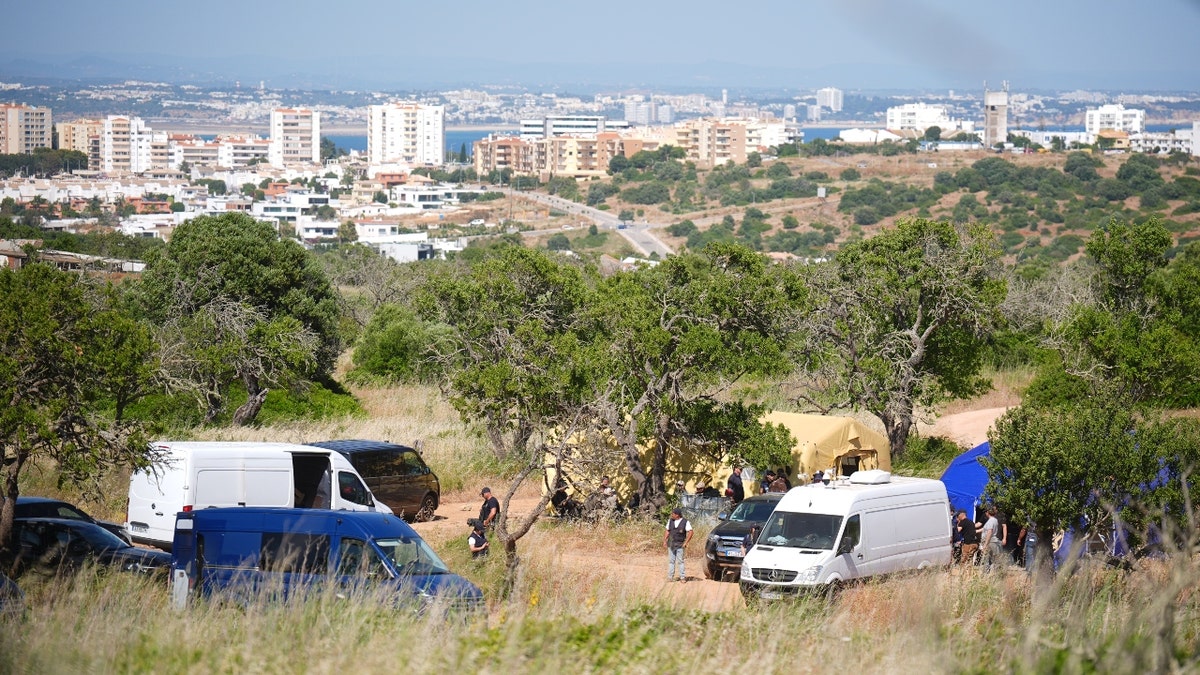
Authorities search for evidence in the disappearance of Madeleine McCann. (James Manning/PA Images)
Brueckner continues to deny his involvement in the case. Brueckner spent many years in Portugal, including in Praia da Luz, around the time of Madeleine’s disappearance.
MISSING MADELEINE MCCANN: GERMAN COURT THROWS OUT SEX CHARGES AGAINST SUSPECT IN TODDLER’S DISAPPEARANCE

The house where Christian Brueckner was reportedly staying in Monte Judeu, Portugal. (James Manning/PA Images)
He is serving a seven-year sentence for raping a 72-year-old woman in 2005 and is scheduled to be released in September, according to Reuters.
Brueckner was also charged in 2022 for sex crimes against children that German authorities allege he committed in Portugal between 2000 and 2017.
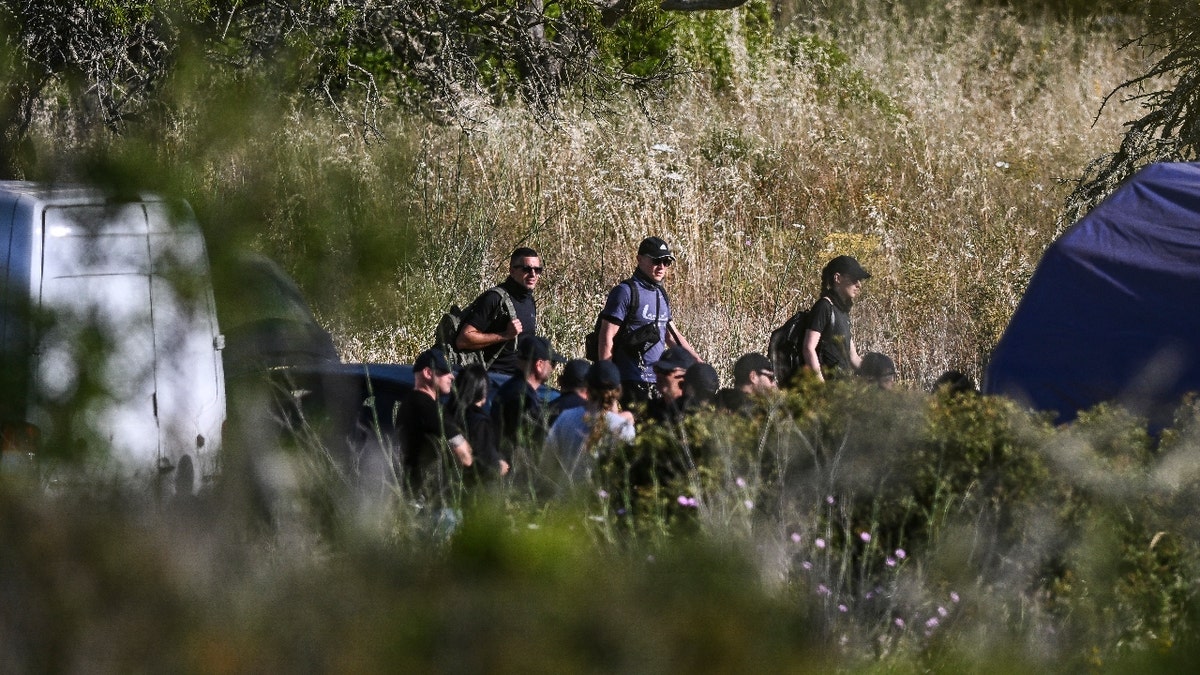
Police investigators arrive to continue an ongoing search operation in the investigation into the disappearance of Madeleine McCann at Atalaia, Lagos, in Algarve, June 5, 2025. (Patricia de Melo Moreira/AFP)
A source involved with the search in Praia da Luz this week told Reuters it included several derelict houses, wells and reservoirs covering “dozens of hectares.”
Stern noted officials also likely used radar technology that “can see into the ground.”
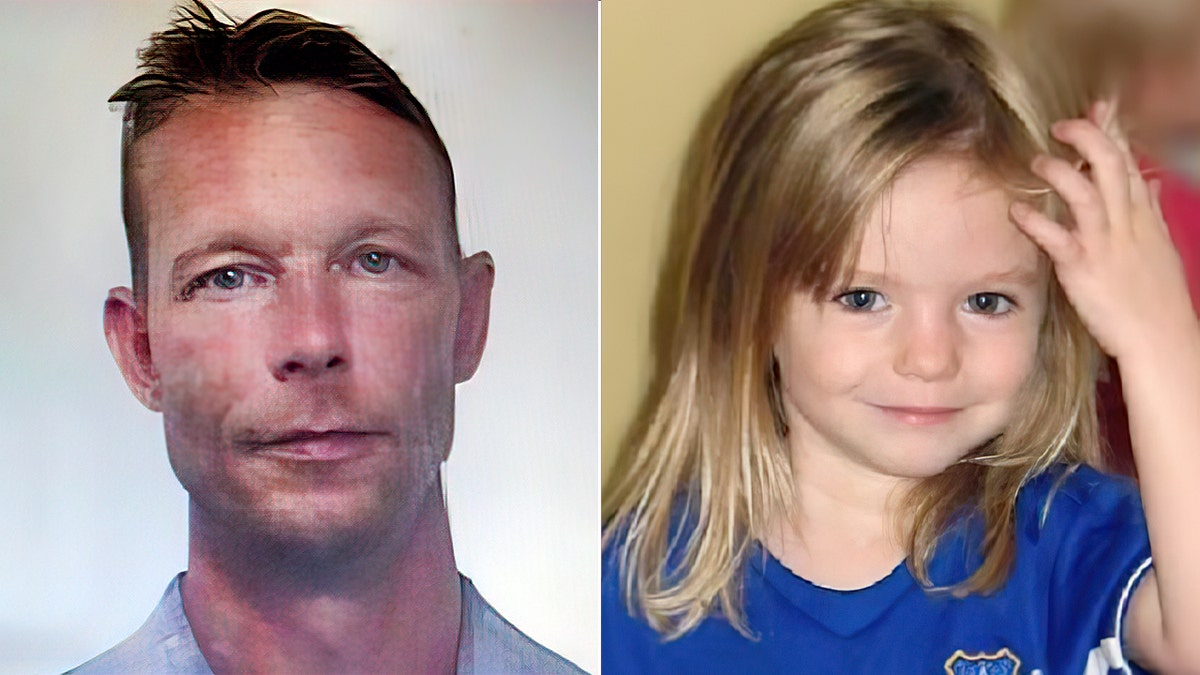
Madeleine McCann disappeared from a Portugal vacation 18 years ago. (Carabinieri Milano/handout)
“They find stuff in the dirt all the time, all the time. It’s 2025. Technology is amazing. DNA technology, specifically, is amazing. DNA doesn’t die,” Stern said. “There’s technology that can see into the ground. They use it for fossils all the time. They use it for missing people all the time.
“They use it for oil drilling. They use them for water mitigation, all kinds of things. … It’s a type of radar that pushes sound and energy down, and it comes back up with a return, and that return, in today’s world, can actually be extremely, extremely detailed.”
MADELEINE MCCANN’S PARENTS RELEASE VIDEO ON MISSING DAUGHTER’S 20TH BIRTHDAY
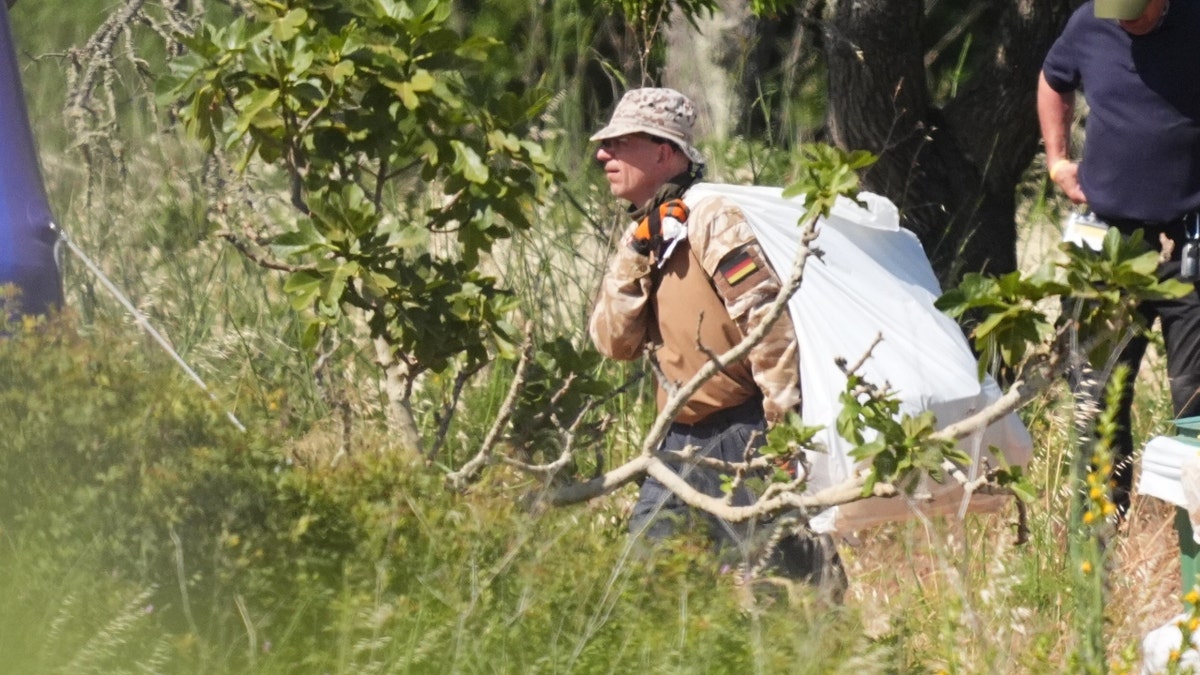
Authorities look for evidence in Madeleine McCann’s disappearance. (James Manning/PA Images)
Stern works “all the time” with parents who have lost children, and he said talking to them is the hardest part of his job.
“I don’t care about the bad guys. I don’t care about the Russians or Hezbollah or any of that stuff. What I care about is the mommy who’s depending on me to bring her kid back. That’s what really, really drives me and scares me. … My biggest thing that I’m afraid of is having to go to a mother saying I failed. Seven hundred and twenty-nine missions later, we’ve never failed; 7,128 people later, we’ve never failed.”
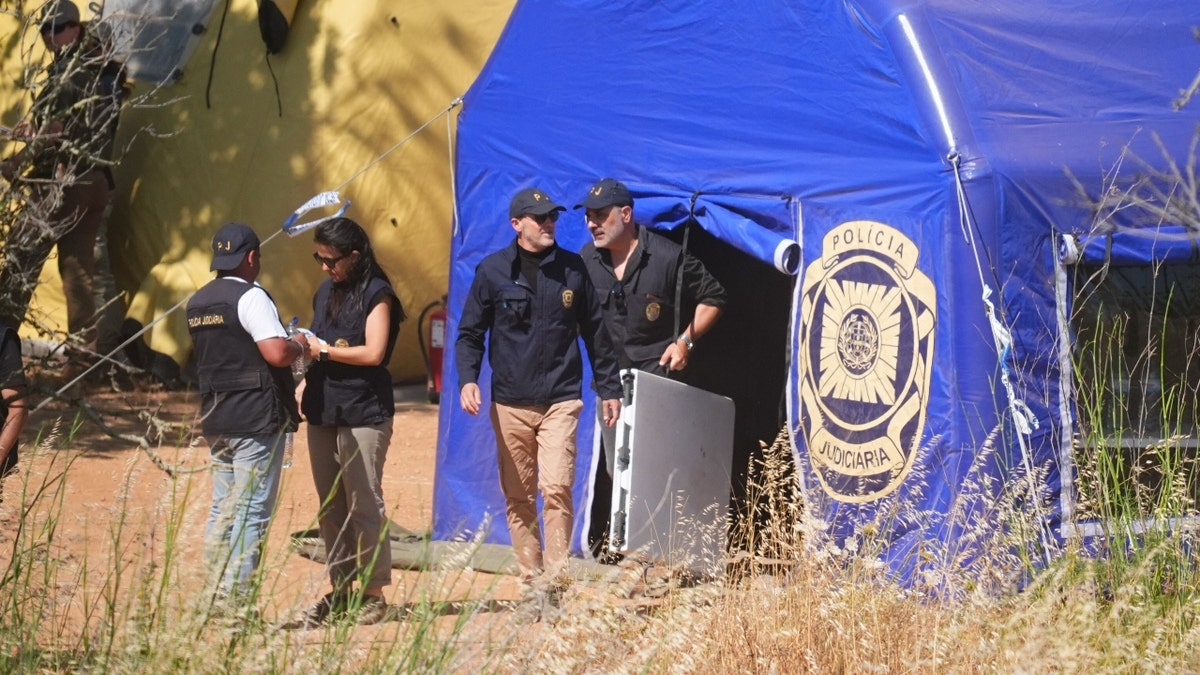
The search June 5, 2025, was conducted at the request of the German federal police as they look for evidence that could implicate Christian Brueckner, who German prosecutors say is the prime suspect in Madeleine’s disappearance. (James Manning/PA Images)
In the McCann case, however, Stern said not knowing absolutely that she is dead, because her remains have never been found, is “painful.”
Madeleine was born in May 2003 and would be turning 22 years old this year.
The Official Find Madeleine Campaign, run by Madeleine’s parents — Kate and Gerry McCann — did not respond to an inquiry from Fox News Digital regarding the search.
World
Blue Economy Forum: Macron rebukes climate change deniers
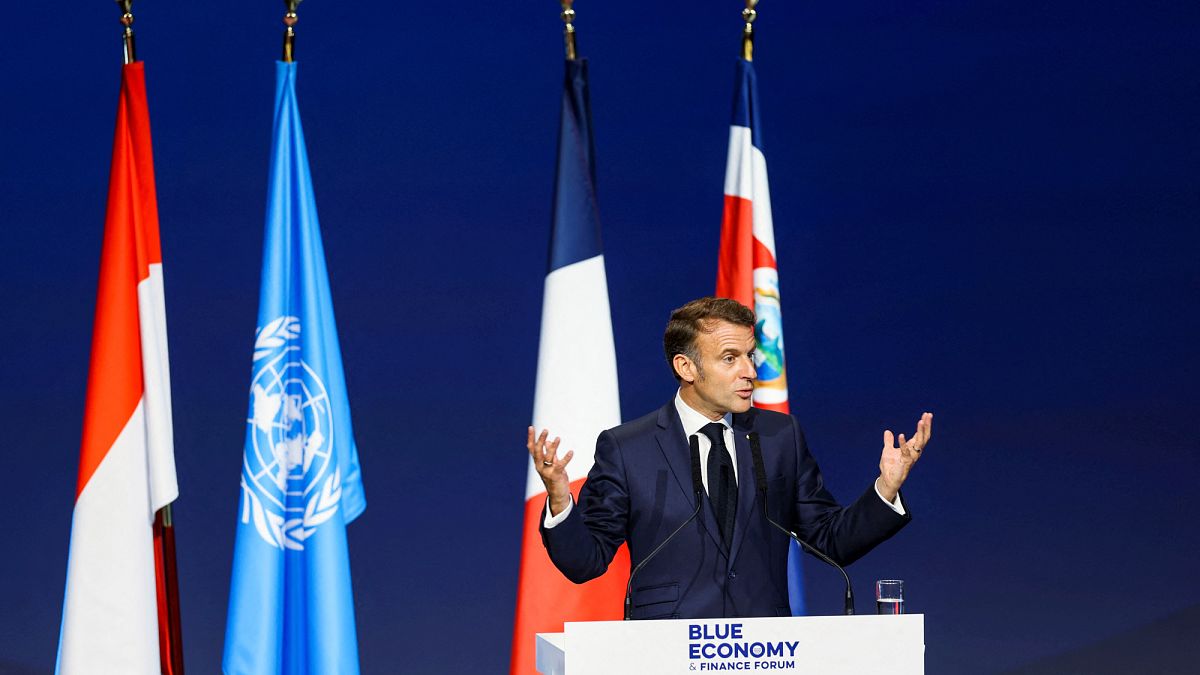
Published on
Hosted by Prince Albert of Monaco, the final day of the Blue Economy and Finance Forum (BEFF) closed with leaders pledging their support and calling for global responsibility to protect the oceans.
William, Prince of Wales, said the challenge of protecting the world’s oceans was “like none that we have faced before” and that the clock is ticking:
“I believe that urgency and optimism have the power to bring about the action needed to change the course of history. I’m an optimist because as the founder of the Earthshot Prize, I see the incredible examples of the ideas, innovations and technologies that are harnessing the power of the ocean whilst protecting its vitality.”
“Watching human activity reduce beautiful sea forests to barren deserts, the base of our oceans is simply heart-breaking for many. It is an urgent wake-up call to just what is going on in our oceans, but it can no longer be a matter of out of sight, out of mind. The need to act to protect our ocean is now in full view, as ever,” Prince William added.
Not ‘a matter of opinion’
Meanwhile, in his closing speech, French President Emmanuel Macron criticised countries that deny climate change and cut budgets on this matter.
“We’ve been hearing that, basically, climate change, the threat to biodiversity, the issue of the oceans, all of that, is a matter of opinion,” Macron said. He continued:
“I’m going to tell you: no, we don’t have the right to do that because it’s not an opinion, but it’s scientifically established.”
The French president also hinted at potential developments in the near future:
“We have a duty to mobilise because the science is clear and the facts are there. There is no inevitability. And so, with a few governments, we will in the coming days make strong decisions and mobilise the international community.”
A major focus of the weeklong summit was the push to ratify the High Seas Treaty, which would enable conservation in international waters.
The forum is the precursor to the United Nations Oceans Conference (UNOC) in Nice, where more than 50 world leaders are expected to attend. The US administration will not send representatives.
Video editor • Sertac Aktan
-

 News1 week ago
News1 week agoVideo: Faizan Zaki Wins Spelling Bee
-

 Politics1 week ago
Politics1 week agoMichelle Obama facing backlash over claim about women's reproductive health
-

 Technology1 week ago
Technology1 week agoOpenAI wants ChatGPT to be a ‘super assistant’ for every part of your life
-

 Technology1 week ago
Technology1 week agoSEC drops Binance lawsuit in yet another gift to crypto
-

 Movie Reviews1 week ago
Movie Reviews1 week agoThe Verdict Movie Review: When manipulation meets its match
-

 Technology1 week ago
Technology1 week agoWhy do SpaceX rockets keep exploding?
-

 News1 week ago
News1 week agoOil companies face a wrongful death suit tied to climate change
-

 World1 week ago
World1 week agoTwo killed in Russian attacks on Ukraine before possible talks in Turkiye



